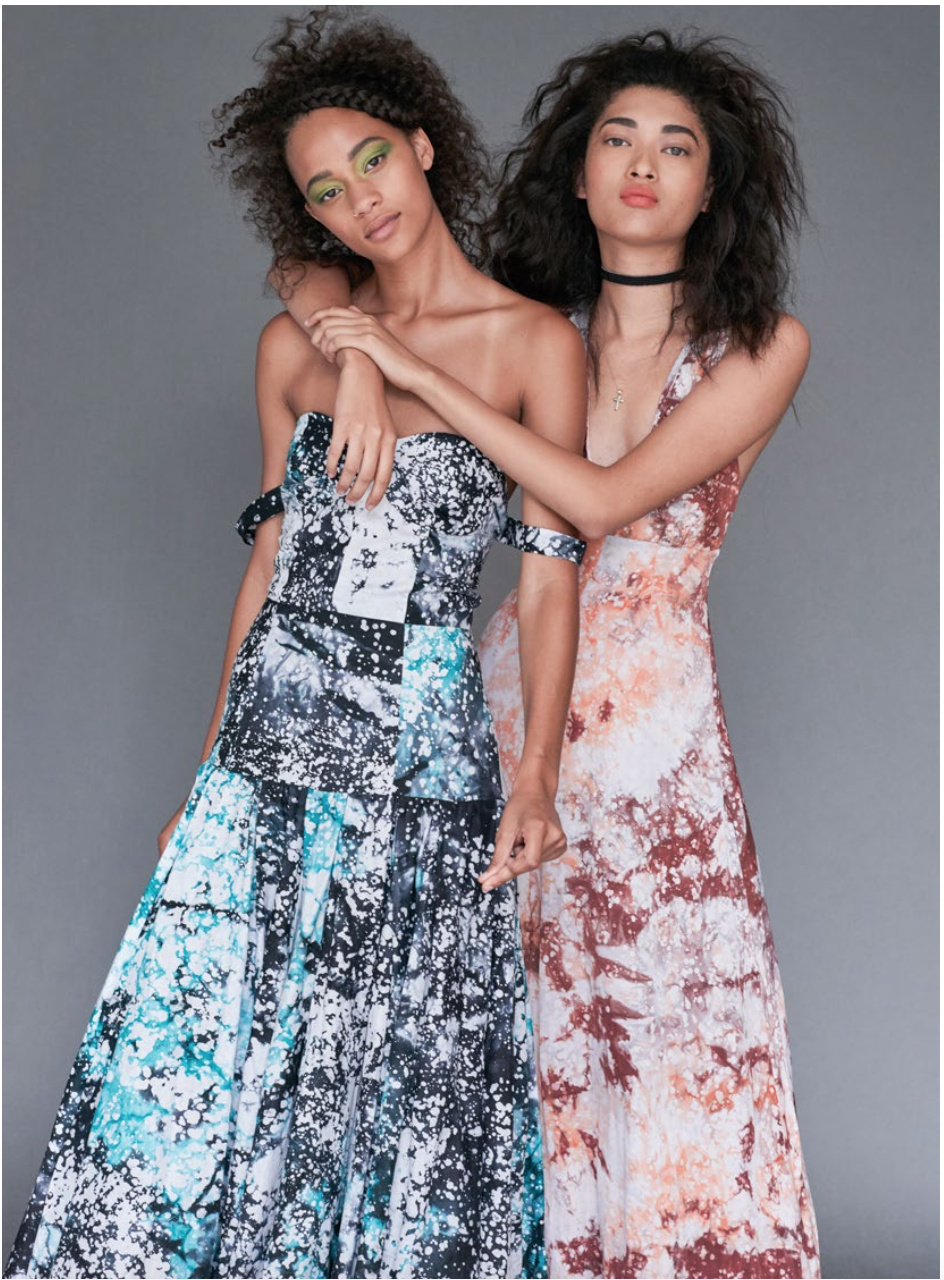Where Ethical Fashion and Culture Meet: Ghana
Globalization has rapidly distanced the consumer from the supply chain and production process. There is growing international concern about the exploitative nature of the fashion industry on people. Ethical fashion supports communities by elevating the skills and creativity that already exists onto international markets, providing livable wages and stable jobs. Ghanaian people, their culture, and their history all matter throughout the creative process. Ethical fashion in Ghana roots itself in the authenticity of artisan-made products, celebrating heritage. It is a way of paying homage to the past by keeping the craft a viable livelihood in the present and expanding the capabilities of design moving into the future. The individualized human story behind each unique piece is equally as important as the final product in the lookbooks. Ghanaian culture is intertwined in the missions of ethical fashion brands.
Photo by melaninASS
Photo by melaninASS
Ghana is a warm and friendly culture, full of rich colors like nautical blues, tropical greens, and erubescent sunsets. Traditional textiles like Kente weaving, hand batik, and Bolga woven bags tell a visual story of the surrounding environment, reflecting cultural history through color. For example, folklore from North Ghana links modern Kente weaving with the methodic spinning of Anasi the spider’s web. The cultural history and process to create a piece is the narrative ethical fashion brands want to preserve even while adapting traditional craft for more cosmopolitan markets. Batik has a uniquely globalized history that continues to attract international appeal, because the craft is easily adaptable. Batik originated in Indonesia, where Dutch traders brought the craft to Ghana and wax print is now a inherent part of West African textiles. Similar to the history of hand-batiking, the craft continues to evolve alongside Africa’s cosmopolitan development. Finer materials are imported into Ghana and vibrant colors are hand-batiked to create a unique finish. Slow fashion embraces tradition like Bolga bags that are made from dried vetivar grass that is then dyed bright colors and woven. These hand woven bags are adapted in size and shape to revitalize a traditional craft towards international clientele.
Photo by melaninASS
Photo by melaninASS
The essence of Ghanaian craft and the character of the artisan communities remain in these modern pieces. Ethical fashion brands like Studio 189, Oseiduro, AAKS, and QP Collections that focus on handmade products are spearheading the movement in Ghana and bringing regional wisdom and craft to larger platforms.
Studio 189 SS17: Photo Credit - Delphine Diallo





